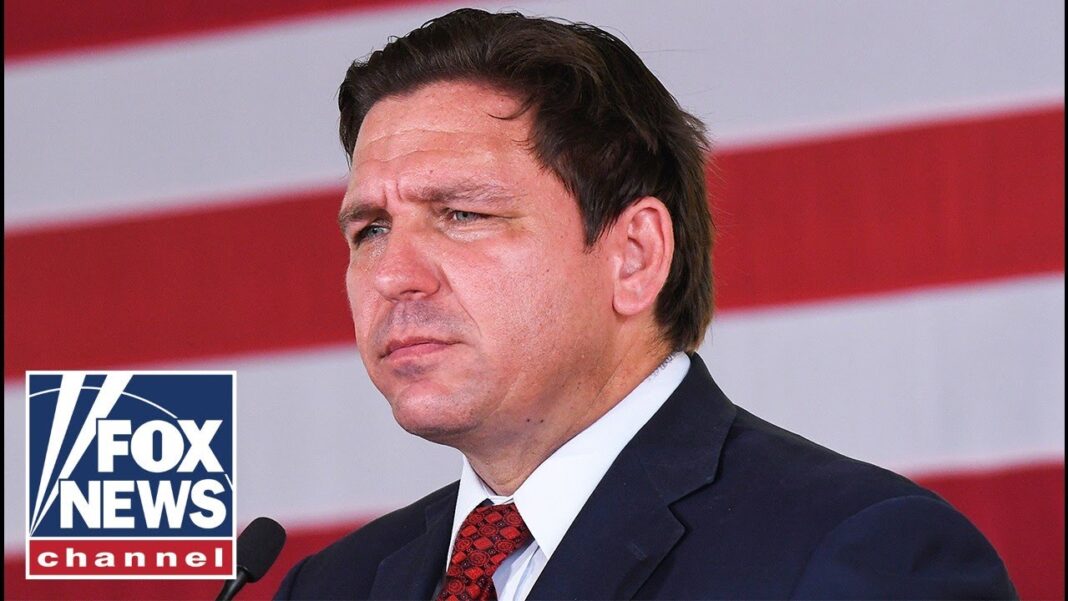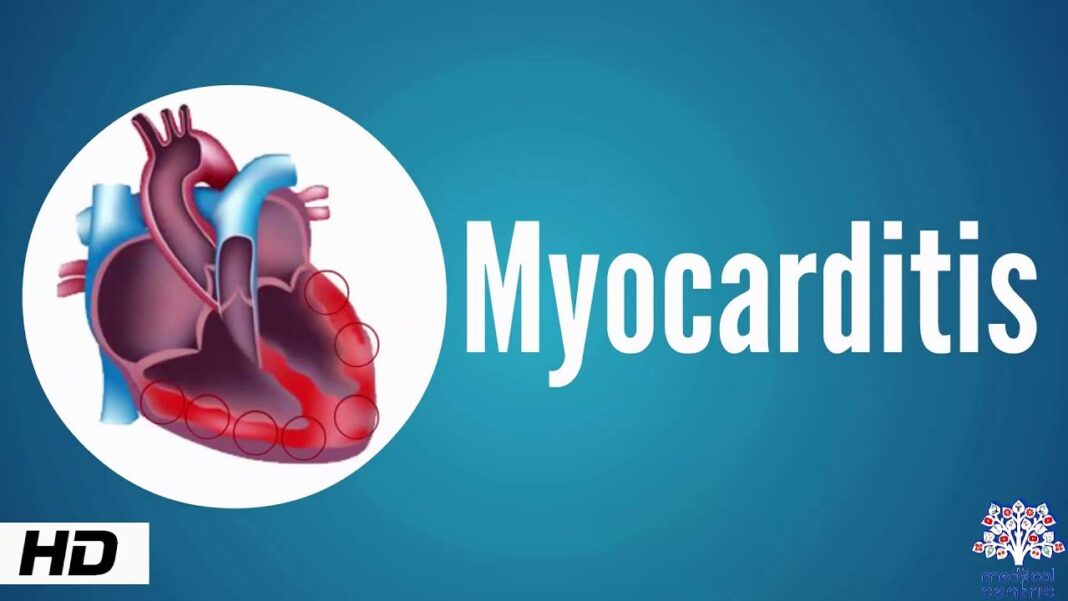The normal give and take of democratic deliberation between citizens, while not always achieved in practice, has been the benchmark in American political culture over the course of our nation’s history. University of Florida law professor John Stinneford says, however, that these habits of free people are increasingly at risk.
“I think we have all noticed in recent years that society has become more polarized and civil discourse has declined,” he notes. “Instead of engaging with opposing viewpoints, we increasingly try to denigrate or destroy anyone who holds them. If this trend continues, many people worry that our over two-century experiment in democracy will fail.”
A Harvard law graduate who joined UF’s Levin College of Law in 2009, Stinneford is looking to help revive civil discourse as the inaugural director of The Hamilton Center for Classical and Civic Education.
The Hamilton Center looks to broaden and deepen civics education at the university level, an effort that many on both sides of the political divide recognize is necessary. Stinneford says that when he moderated a seminar last year for a bipartisan group of state and federal judges, the judges identified a lack of civics education as one of the greatest challenges facing our country. They reported that citizens and lawyers who come before them often display “a serious lack of knowledge about how the government is structured and how democracy is supposed to work.”
“We need efforts at every education level to teach civics,” Stinneford contends, “and instill basic values that are required of citizens living in a democracy, such as engaging in civil discourse and trying to reach resolutions without trying to destroy each other.” He says that through the Center’s curriculum and programming, students will have the opportunity to gain the “knowledge, habits of thought, analytic abilities, and character that are essential for free citizens in a free society.”
Stinneford describes the Center’s threefold mission as follows: educating students in the Western intellectual tradition and the debates surrounding the American Founding; offering public programming, including public lectures, debates, and symposia that model civil discourse; and assisting the Florida Department of Education in training K-12 teachers so that they can deliver high-quality civics education to their students.
By Mike Sabo









